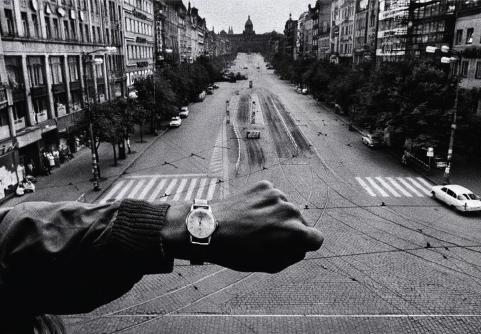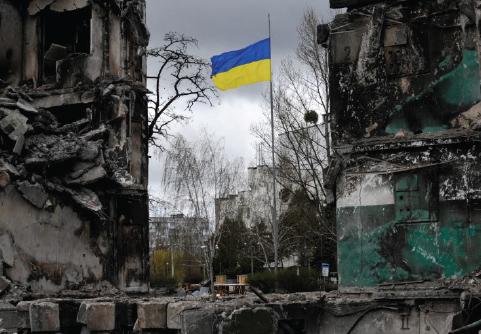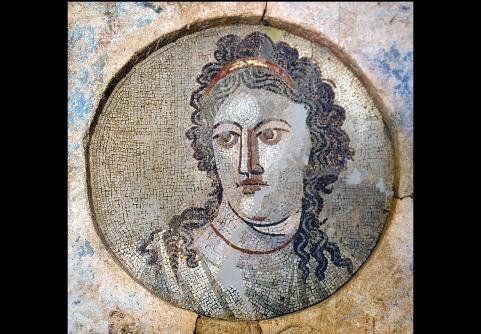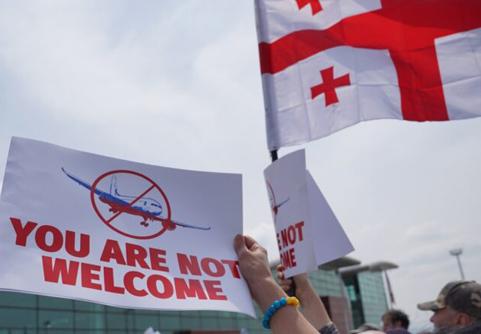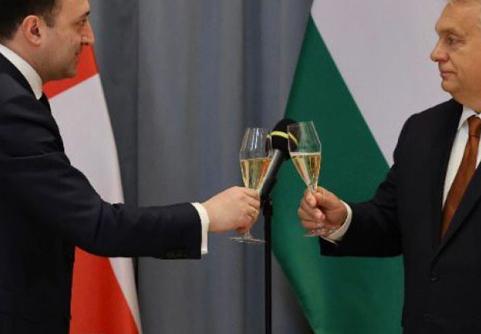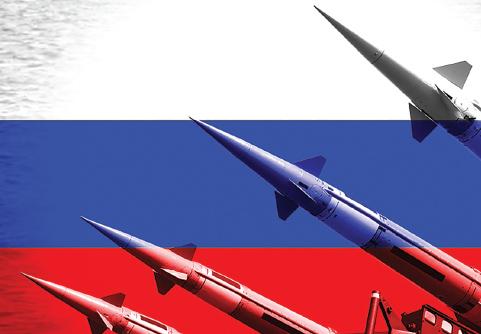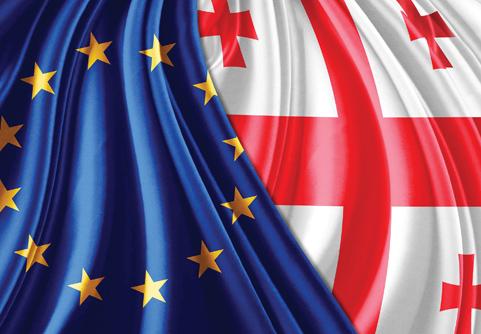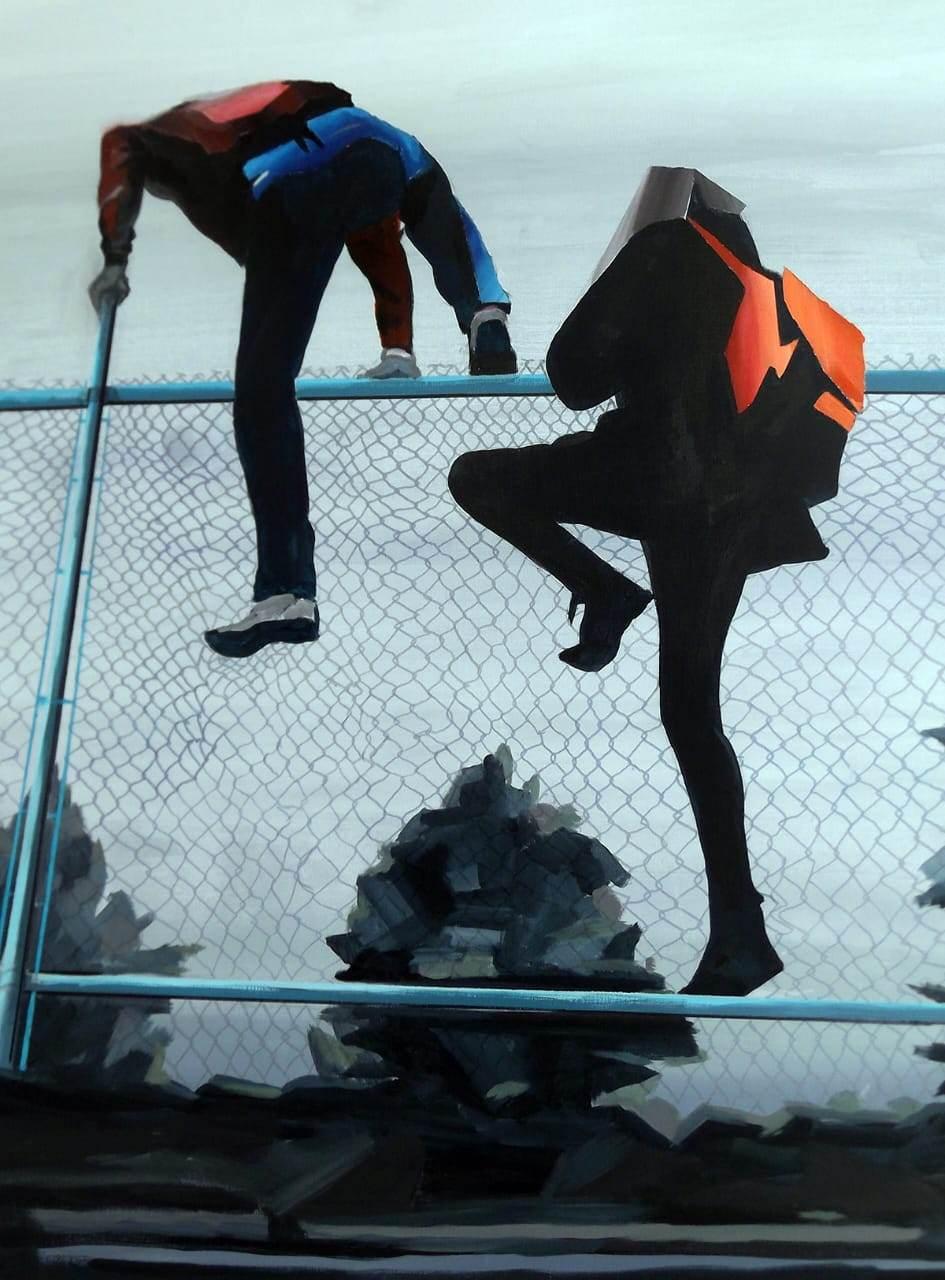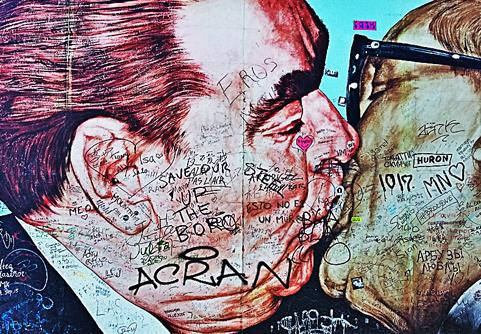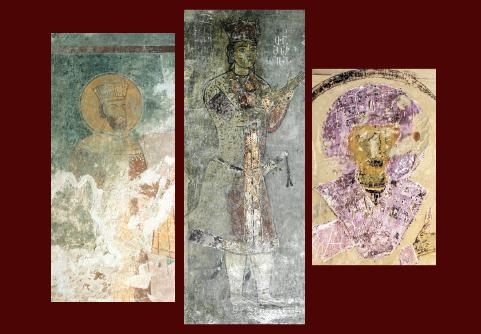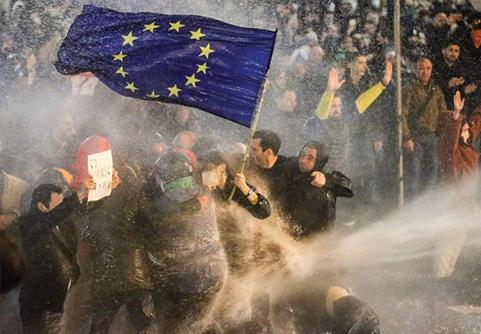
Author : Zaza Bibilashvili

In March 2023, the Georgian people repelled one of the biggest Russian attacks in recent years. For many, the reaction was unexpected – the attack was repelled in a free-spirited, spontaneous manner, accompanied with calm, serene wrath, contagious idealism and the self-confidence of a nation convinced of its rightfulness. For the first time, the newest generation, the so-called GenZ, for whom freedom is not a choice but the only natural state of being, took part in defending freedom, democracy and Georgia’s European choice. In the opinion of many, it was the unwavering stance of high school and university students which played decisive role in the March events.
By the Russian attack I mean, of course, the government-initiated “Law on Foreign Agents” (also known as “the Russian Law”), which had the effect of a bolt from the blue. If passed, it would cast an iron curtain over Georgia and the country would turn from an aspirant member of the European Union into a gray zone within a greater Russian-authoritarian swamp. The law would brand as an “agent of foreign influence” anyone who seeks to wrest Georgia from the clutches of Russia and make it part of the Western world. Moreover, this label would be attached to us by those who, as it became all too obvious in the days of March, are deliberately acting against the historic choice of the Georgian people and the good advice of Georgia’s friends.
How can we fail to remember that in the 1920s the occupying Russian Bolsheviks called the Georgians fighting for independence “agents of Western imperialism”, persecuting, arresting and executing them on this charge?
The March events turned into a rare flash of lustration and the moment of moral clarity. Unfortunately, only a flash, since Georgians are known for their poor memory and it is likely that we will forget most of the bad-faith actors of these events in a few months.
During this period, the long-awaited sense of vindication was experienced by those who from the vey beginning saw Russian interests clearly behind the Ivanishvili government – those who were viewed with skepticism even by the friends of Georgia before the Russia-Ukraine war, despite numerous questions regarding the seemingly inexplicable anti-Western acts of “Georgian Dream”.
Let’s remember what has led to all this:
For almost a year and a half, Georgia has been living under conditions of permanent force majeure. You may say that there is nothing surprising in this given the background of current events in the world, but I would have to respectfully disagree with you: Georgia’s force majeure is almost entirely of national origin. The causes of collective anxiety are artificially induced by the masters of propaganda, the whereabouts of whom we can only guess, whose speakers we see daily on our televisions screens.
Every time the situation calms down a bit, a topic appears in the public space as if out of the blue, causing instant polarisation and taking the public out of the zone of psychological equilibrium. The mass psychosis fuelled by such artificial methods is so strong that even the highly intelligent and experienced people find it difficult not to take a stand, thus unwittingly becoming part of a losing game offered by an invisible enemy.
Despite the fact that we have been accustomed to being manageed with special psychological operations since 2012, 24 February 2022 still served as a litmus test: the processes that had previously been going on covertly came to the surface after Russia’s barbaric attack on Ukraine and evolved with geometric progression. From the very first day of the war, we heard from the highest official tribunes of the Georgian government that supplying arms to Ukraine was “not a solution”, that “sanctions [against Russia] do not work”, that the war would soon be over and “everyone knew who would win”.
In parallel, the so-called “People’s Power “, a kind of personal guard of the oligarch was created, which was used to disseminate the most reactionary and chauvinist anti-Western messages.
Paradoxically, on the one hand the government was telling us that the oligarch had left politics and was no longer involved in public affairs, and on the other hand we saw how the entire vertical of government turned into a spokesperson for one private individual, thus sacrificing the interests of the state to the interests of one.
Undisguised anti-Western propaganda in the state-controlled media has become the norm. It has become the norm for reactionary conspiracy theories to be dredged up from the dark “underground” and promoted at the highest state levels. The most disturbing manifestation of this phenomenon is the absurd narrative that there is a “global war party” trying to drag Georgia into war, and that this party includes virtually the entire European Parliament, the American Senate, the British House of Lords, and many others whom we have always known as good friends of Georgia.
These messages came from top officials in the government and the ruling party, despite repeated statements from the West that the message was not only a complete lie, but “100% Russian disinformation”.
In March, the International Criminal Court issued an arrest warrant for Putin, and a number of countries have recognised Putin’s rule as a terrorist regime. It is the highest echelons of this terrorist regime and its ardent propagandists who have recently been praising the Ivanishvili government, endorsing its foreign policy and resistance to the West, and wishing that Armenia, once adrift in Russia’s orbit, would be as loyal to them as Georgia is now.
If someone had said in 2012 that this would become a reality in Georgia in 11 years, no one would have believed it. It is impossible to explain this reality by naively assuming that the authorities simly take a position different from that of their own people. The authors of this reality consciously and consistently devalue politics. They deliberately bring to the fore marginalised figures with no political past or capital whatsoever and endow them with symbols of power. They deliberately stir up people’s primal fears, create an image of the enemy based on lies and slander in order to capitalise on it, at the expense of the interests of the country and the people.
What has recently come to light is not simply a “different opinion” of the ruling party, in sharp contrast with the vast majority of Georgians. The rhetoric of the government and associated anti-Western groups goes beyond the bounds of civilised politics and thus lies beyond the bounds of conventional criticism. Their behaviour is fundamentally incompatible with the values of the European family to which Georgia aspires. The key nuance is that demonstrating this is the aim of the authorities who actually make decisions in the name of “Georgian Dream”.
Against this background, the initiation of the Russian Law should not have been unexpected. The reason for hope is that at this stage the Russian Law has been defeated. The parties have retreated to their original positions, but the greater geopolitical war continues. The forces that pushed the Russian Law and all that it embodies onto the political agenda have gone nowhere. Their rhetoric, goals and motives have not changed. Moreover, these forces have decided to attack common sense and declare to the world that the young people who took to the streets to defend freedom are “radicals” and “Satanists” ruled by the “Global War Party”.
One thought-provoking fact is that the Government managed to overcome this gravest of crises without losing a single person – a person who would have followed his/her conscience and would have resigned in protest. Especially those from whom the public had greater expectations. At the heart of this inexplicable phenomenon, according to some versions, are material “incentives”, according to others - compromising materials (so-called “compromats”). Perhaps the oligarchic system is based on the combination of both of these factors, facilitated by closed groupthink created by a powerful propaganda machine. In any case, it is alarming that in the most critical period, when the line between the good and the evil was so clearly marked, the monolithic nature of the state power behind the crisis was not broken.
Nevertheless, one should not despair. Looking back at history, every authoritarian regime at some point - often even shortly before their demise – seemed invincible. The main thing is to believe that Georgia is us - we repelled the Russian attack in March and saved Georgia. Yes - we are Georgia.
We are Georgia: bright, idealistic, pragmatic, emotional, rational, diverse, decent, free, patriotic, cosmopolitan, fighting for our well-deserved success. This is the Georgia that a year ago prayed for Ukraine’s salvation with President Zelensky, and today is praying for Ukraine’s victory.
As President Zelensky said: “We do not wait and do not ask. We are winning and creating this victory ourselves.” May the grace of this spirit be poured out on us!
